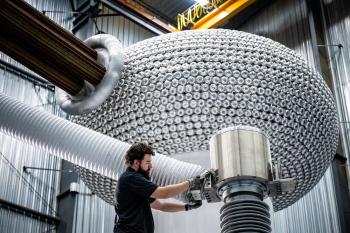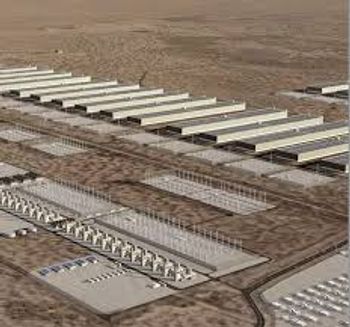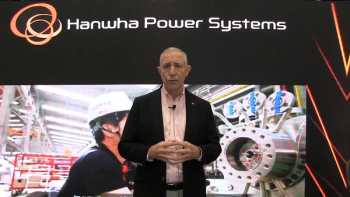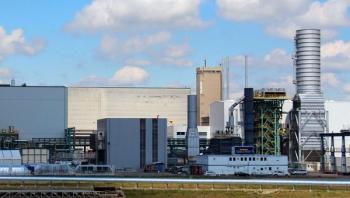
Yokogawa Electric Deploys AI Solution at Aramco’s Fadhili Gas Plant
Key Takeaways
- Yokogawa's AI deployment at Aramco's Fadhili Gas Plant achieved a 10-15% reduction in amine and steam usage and a 5% reduction in power usage.
- The AI solution, based on FKDPP, autonomously controls and optimizes acid gas removal operations, enhancing process stability and reducing manual intervention.
Since installation, the Fadhili Gas Plant has demonstrated a 10 – 15% reduction in amine and steam usage and an approximately 5% reduction in power usage.
The Yokogawa Electric Corp. successfully deployed industrial AI solutions—numerous
“Aramco has embarked on a plan to unlock value by deploying a wide range of industrial AI applications across our operations,” said Khalid Y. Al Qahtani, Senior Vice President, Aramco Engineering. “The collaboration with Yokogawa is one of many initiatives that focus on improving efficiency, enhancing sustainability, and generating more value for our shareholders. The company is harnessing advanced technology, including AI, to elevate its performance and reinforce its position in the energy sector.”
Yokogawa installed the AI solution in three phases, continuously optimizing various sections until it achieved autonomous control of the AGR unit’s core process. The company created a plant simulator to train AI agents, evaluating reliability, validity, and ensuring safety. Following this step, the agents were integrated with Yokogawa’s CENTUM VP production control system to deploy the existing plant’s safety functions.
“We are honored that Yokogawa was entrusted by Aramco to implement this technology in one of its major facilities,” said Kunimasa Shigeno, Director, President & CEO, and Representative Executive Officer of Yokogawa Electric. “We are pleased that the results have already exceeded expectations. Yokogawa is advocating the transition from industrial automation to industrial autonomy, and this deployment proves that we are ready to lead the way towards safe and secure autonomous operations for plants in the energy sector.”
Installation is currently undergoing detailed evaluations, with initial results from the Fadhili Gas Plant demonstrating a 10 – 15% reduction in amine and steam usage and an approximately 5% reduction in power usage. Results also revealed improved process stability and a major decrease in operator manual intervention, despite ambient condition changes.
ENEOS Chemical Facility
In June 2023,
In a 35-day field test, the AI solution demonstrated control over distillation operations previously managed manually by experienced personnel or by existing control methods (PID control/APC). Despite a scheduled plant shutdown for maintenance, the field test resumed. The AI proved capable of maintaining product quality and liquid levels in the distillation column, while optimizing the use of waste heat.
Following the year-long verification process, ENEOS Materials found the AI system to be capable of maintaining stable performance and optimizing operations. The company is considering applying this AI to other processes and plants to enhance productivity and conserve energy.
Newsletter
Power your knowledge with the latest in turbine technology, engineering advances, and energy solutions—subscribe to Turbomachinery International today.




